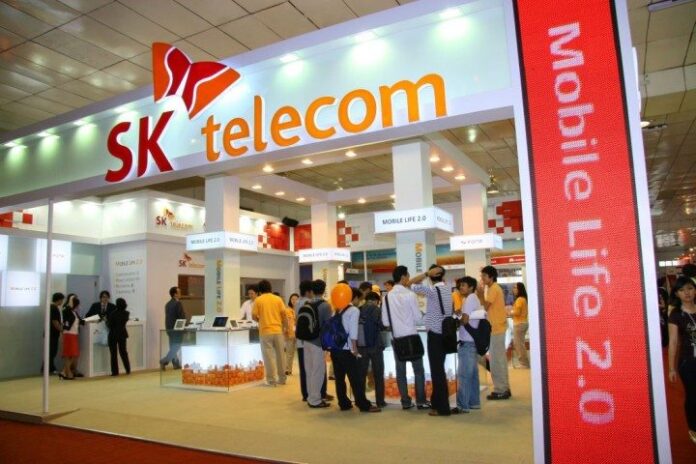The Korean telco said that initial plans stipulate the deployment of 300 sensors in the short term
Korean operator SK Telecom announced plans to install earthquake-detecting sensors at its base stations in 8,000 spots nationwide to improve earthquake forecasting, Korean press reported. The carrier signed an agreement with the Korea Meteorological Administration (KMA) to install the sensors at 8,000 locations where the telco has base stations by 2020.
Initially, SK Telecom will install sensors on base stations in 300 locations near earthquake-prone cities such as Pohang and Gyeongju in North Gyeongsang Province and Ulsan.
The operator highlighted that the seismic sensors can measure the strength and size of an earthquake in real time.
According to data from KMA, Korea had 223 earthquakes with magnitudes above 2.0 during 2017.
The operator also announced plans to develop an early warning system to reduce potential earthquake damage on industrial sites in cooperation with the KMA.
Under this initiative, SK Telekom will provide a service to connect the KMA’s early warning service to large plants and construction sites using its internet of things (IoT) networks.
The telco said that this early warning system will allow companies to evacuate workers and halt operations automatically in the event of an earthquake.
“This business agreement is a representative example of sharing SK Telecom’s mobile network infrastructure,” said Suh Sung-won, head of SK Telecom’s mobile network operation division. “SK Telecom will keep working so the company’s ICT technology can play a role to secure the safety of the public and society.”
“KMA will keep making efforts to develop faster and more accurate earthquake early warning systems by expanding cooperation with the private sector,” said KMA’s chief Nam Jae-cheol.
SK Telecom is actively working to launch commercial 5G services next year. Earlier this year, SK Telecom had formed a 200-member task force in order to speed up the process to launch commercial 5G services in the Asian country.
The telco said the 5G task force includes staff from four major divisions ― MNO, media, internet of things (IoT)/data and service platforms.
Last month, South Korea’s three mobile operators had agreed to launch commercial 5G services at the same time to avoid unnecessary competition. SK Telecom, KT, and LG Uplus conformed they aim to launch commercial 5G services in March 2019.
South Korea has recently completed a tender process through which it awarded spectrum in both the 3.5 GHz and 28 GHz bands for 5G services. The government made available a total of 280 megahertz in the 3.5 GHz spectrum band and 2,400 megahertz in the 28 GHz band. The spectrum was divided into 28 blocks and 24 blocks.
Participant operators SK Telecom, KT, and LG Uplus had a 10 block cap per spectrum band.
The operators paid a total of 3.6183 trillion won ($3.3 billion) for the spectrum, 340 billion won higher than the starting price of 3.3 trillion won.

